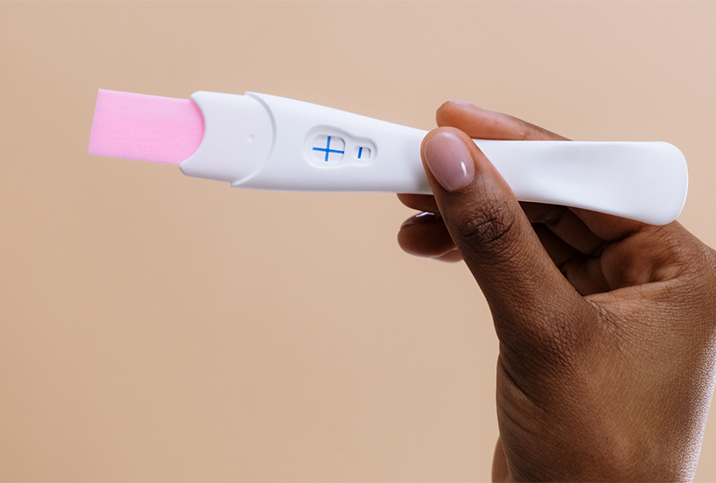Women's Reproductive Health: Myths & Misconceptions

A woman's reproductive system is not only the potential source of new life, it's also a complex biological structure that can malfunction, cause pain and affect overall health. It's important to understand how best to take care of your reproductive system and the issues to look out for.
Here, we'll discuss five common misconceptions about women's reproductive health and discuss what the facts actually say.
Myth: I don't need to worry about STIs if I don't have any symptoms.
Reality: If you've had unprotected sex, especially if you have multiple sexual partners, it's important to get regularly tested for sexually transmitted infections (STIs)—even if you aren't experiencing any symptoms.
Plenty of STIs often cause few or no symptoms at all and can end up being diagnosed as gonorrhea, chlamydia and human papillomavirus (HPV). And just because an STI doesn't cause any symptoms does not mean it's harmless. Many STIs can lead to serious complications, including cancer and infertility, when left untreated.
Myth: It's impossible to get pregnant if I have sex during my period.
Reality: While it's unlikely that you'll get pregnant by having unprotected sex during your period, it's not impossible. According to medical experts, this is particularly true for women with shorter cycles.
For example, a woman who has a menstrual cycle of 21 to 24 days will ovulate at an earlier point in her cycle. And since sperm can live in the body for up to five days, there's a chance that if you have unprotected sex toward the end of your period, the sperm could survive and fertilize an egg a few days later during early-cycle ovulation.
So, while it's not likely, you should probably err on the side of safety, especially if you have a shorter menstrual cycle and are trying to avoid pregnancy.
Myth: Extremely heavy and painful periods are normal.
Reality: It's true that every woman has a different experience when it comes to her period—some are light and short while others are heavy and longer. However, if your periods are severely painful on a regular basis and you find yourself constantly bleeding through tampons and pads, you should talk to your doctor right away to make sure you don't have an underlying condition.
Pelvic infections, hormonal imbalances, polycystic ovary syndrome, uterine fibroids and endometriosis are some of the more serious conditions that could be causing prolonged, painful or heavy periods.
Don't hesitate to consult your doctor if you experience particularly severe periods.
Myth: Having HIV means I can't safely have kids.
Reality: Yes, HIV is a sexually transmitted infection that a mother can pass on to her baby during childbirth. But this doesn't mean that women with HIV can't safely have children.
In fact, thanks to medical advances, there are now precautions pregnant women can take to drastically decrease the chances of transmission during delivery. According to the Centers for Disease Control and Prevention (CDC), as long as a woman gets on antiretroviral therapy (ART) as soon as possible, stays on it throughout the duration of her pregnancy, and gives medicine to the baby in the first few weeks after birth, the risk of HIV transmission to the baby can be lowered to just 1 percent or less.
A cesarian delivery (C-section) can also help prevent transmission of HIV to the baby.
Myth: I can't get pregnant while breastfeeding.
Reality: Women who don't breastfeed after giving birth typically start ovulating again about six weeks later, according to the Mayo Clinic. For women who do breastfeed, ovulation is delayed even longer, though it varies from person to person.
The important detail to note is that breastfeeding only delays ovulation, it doesn't halt it indefinitely. The longer you breastfeed, the more likely you are to start ovulating again. So, over the course of a few months of breastfeeding, you will be able to get pregnant again as soon as ovulation resumes.
















